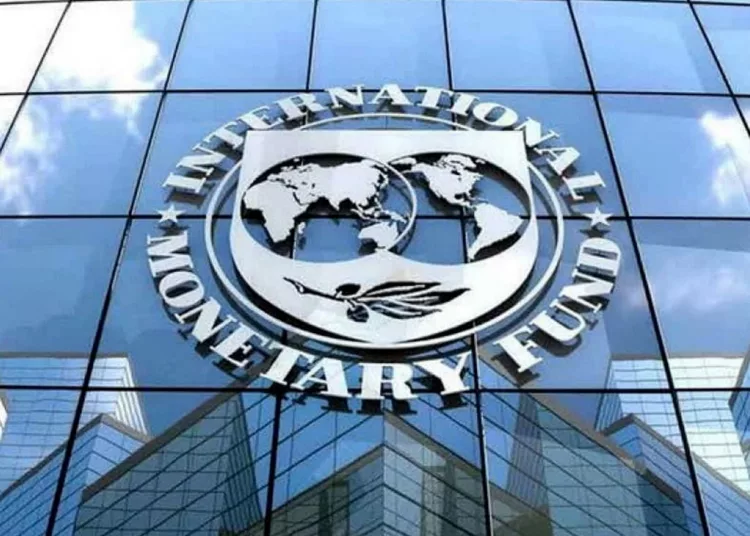Nigeria’s current account balance has shown a significant surplus of $1.432 billion in 2024, a latest report from the International Monetary Fund (IMF) has disclosed.
The feat marks an improvement from the $1.21 billion surplus recorded in 2023.
The IMF’s “World Economic Outlook Database” attributes this improvement to a rise in Nigeria’s gross national savings and investment.
The report highlights that the country’s gross national savings increased to 26.32 percent of its Gross Domestic Product (GDP) in 2024, up from 24.61 percent in 2023.
Additionally, the total investment rose to 25.75 percent of GDP in 2024, compared to 24.28 percent in the previous year.
A country’s current account balance provides a comprehensive picture of its international economic transactions, including its trade balance, net income, direct transfers, and asset income.
It reflects the balance between exports and imports, income earned and paid, and asset changes.
A positive balance indicates a net lending position, while a negative balance suggests net borrowing.
The IMF data paints a positive outlook for Nigeria’s economic growth and stability, suggesting a growing economy with increasing investment and savings.
This upward trend is expected to continue, bolstering economic growth and stability in the region.
However, this development comes at a challenging time for Nigeria, as the country grapples with the repercussions of the subsidy removal implemented by President Bola Tinubu in May 2023.
Since the subsidy removal, electricity tariffs, food prices, transportation costs, and house rents have soared, leading to a sharp rise in inflation rates.
In response, the Nigerian Labour Congress (NLC) and the Trade Union Congress (TUC) declared a nationwide industrial strike on Monday which was later suspended on Tuesday.
Despite these economic challenges, the IMF’s positive report on Nigeria’s current account balance offers a glimmer of hope for the nation’s economic future.





